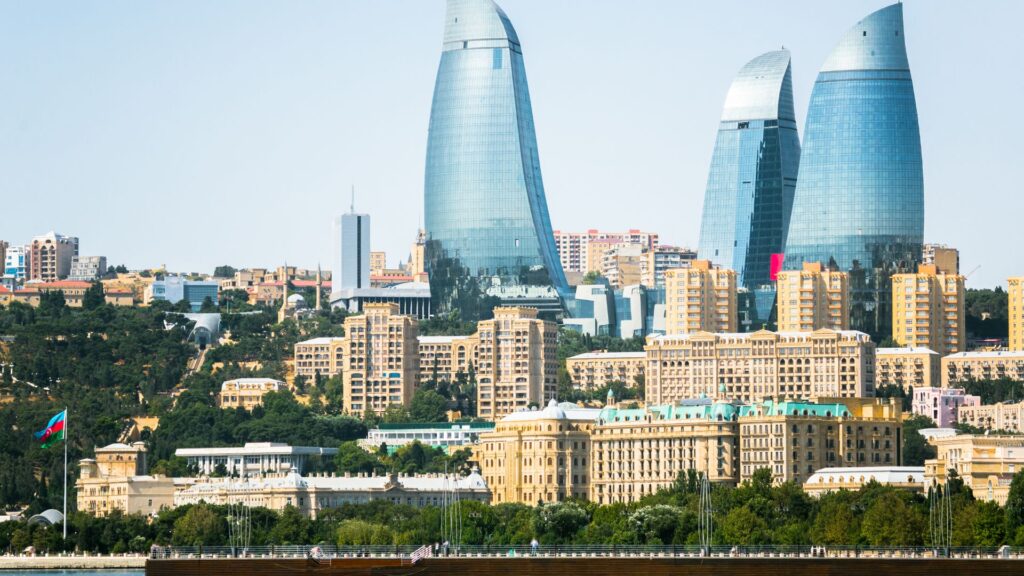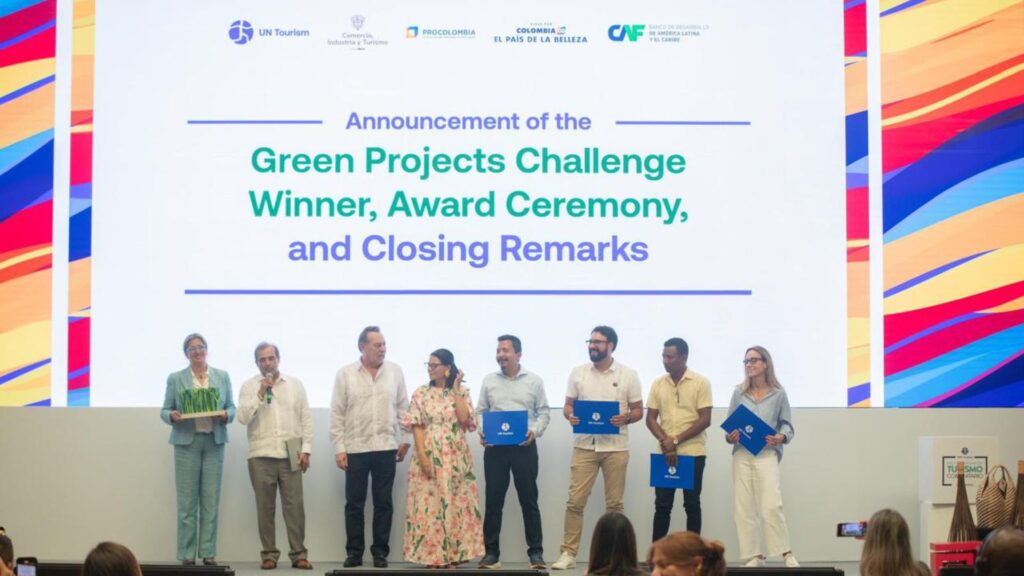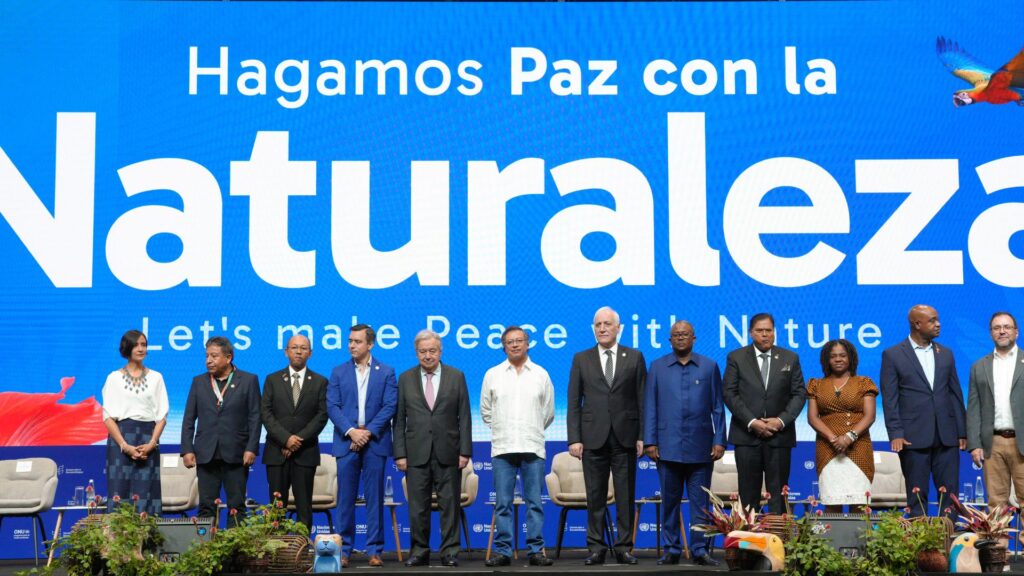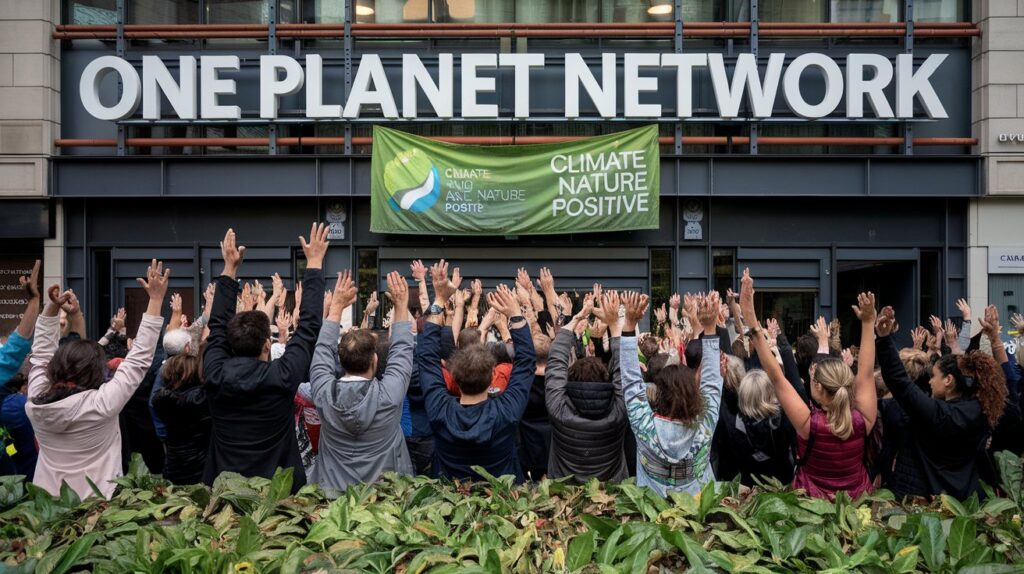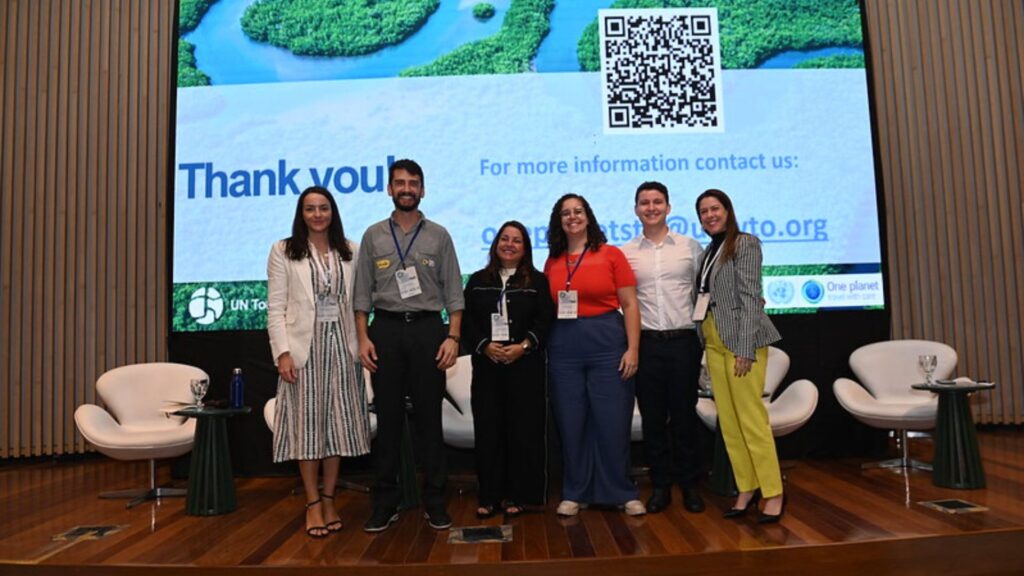The Leadership Behind Machu Picchu’s Carbon Neutral Success: A Model for Sustainable Tourism
Machu Picchu, one of the world’s most iconic tourist destinations, has become a global leader in sustainability. Thanks to the visionary leadership of Mayor Elvis Lexin La Torre Uñaccori, this UNESCO World Heritage Site has not only achieved carbon-neutral certification but has successfully renewed it for a second time. His remarkable work in implementing sustainable practices, forging key partnerships, and aligning with global climate and nature positive initiatives inspires tourism leaders worldwide. Pioneering Climate and Nature Positive Tourism As the mayor of Machu Picchu Pueblo, Mayor La Torre has taken bold steps to address the environmental challenges posed by millions of annual visitors. Central to his approach has been adopting climate- and nature-positive strategies, including: These strategies have drastically reduced the town’s environmental footprint, setting a precedent for regenerative tourism—an approach that restores ecosystems while benefiting local communities. Collaborative Leadership with Key Partners Machu Picchu’s success in achieving and maintaining carbon-neutral status showcases the power of collaboration. Under Mayor La Torre’s leadership, the municipality has partnered with prominent organizations to drive impactful initiatives: These partnerships, facilitated by Green Initiative, have helped Machu Picchu achieve a remarkable 18.77% reduction in carbon emissions compared to its 2019 baseline, demonstrating the potential of public-private collaboration in achieving sustainability goals. Commitment to Global Climate and Tourism Frameworks Mayor La Torre has aligned Machu Picchu’s sustainability efforts with key international frameworks, ensuring the site remains a leader in global climate action: These commitments reflect the site’s dedication to fostering a sustainable future for tourism while combating climate change. An Honorable Legacy of Leadership Mayor La Torre’s leadership exemplifies how local governments can drive meaningful change. By integrating climate-positive policies and regenerative practices, he has transformed Machu Picchu into a beacon of sustainable tourism. “Leadership is about action. Let us lead with the purpose of leaving our world better than we found it,” Mayor La Torre has stated. His work safeguards Machu Picchu’s ancient legacy and establishes it as a symbol of hope and resilience for future generations. A Call to Action for Global Tourism Leaders Mayor La Torre’s visionary approach provides a compelling roadmap for leaders of other tourism-dependent regions. By prioritizing regenerative tourism, fostering collaborations with key partners, and committing to international climate goals, mayors and municipal teams can create destinations that thrive economically while preserving their natural and cultural heritage. Machu Picchu’s achievements prove that bold, collaborative leadership can leave a lasting positive impact on the planet. As the world grapples with the effects of climate change, the work of Mayor Elvis Lexin La Torre Uñaccori serves as a testament to what’s possible when we lead with purpose and innovation. Make your destination Climate and Nature Positive, contact us at Green Initiative to learn how we can help your city or region achieve sustainability goals, implement regenerative tourism strategies, and align with global climate frameworks like the Glasgow Declaration. Together, we can build a future where tourism regenerates nature and communities thrive. 🌍




